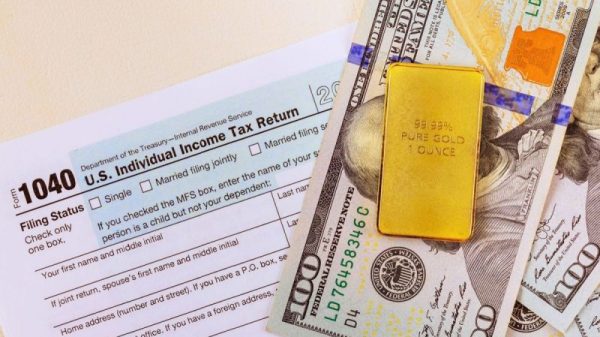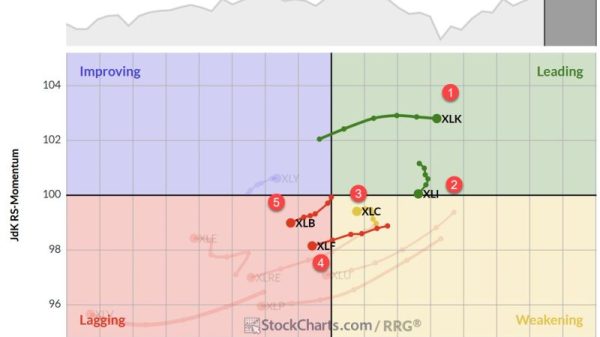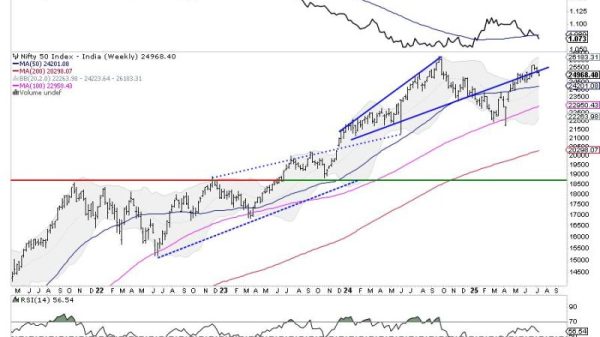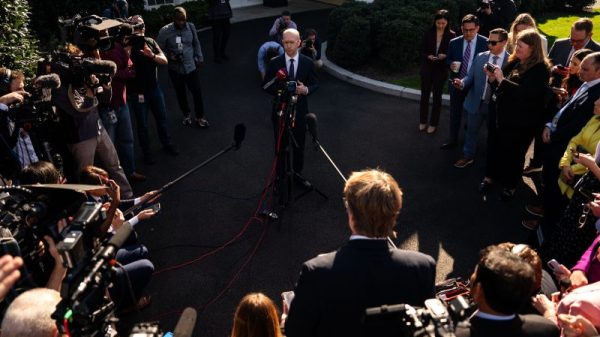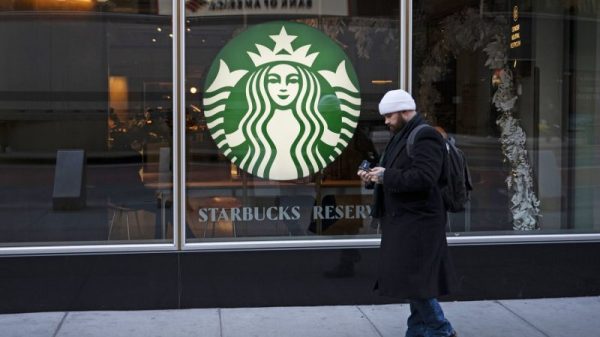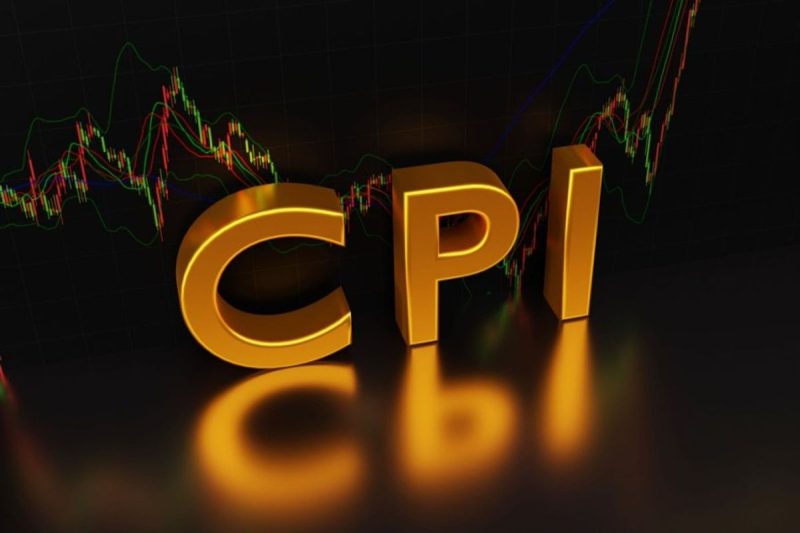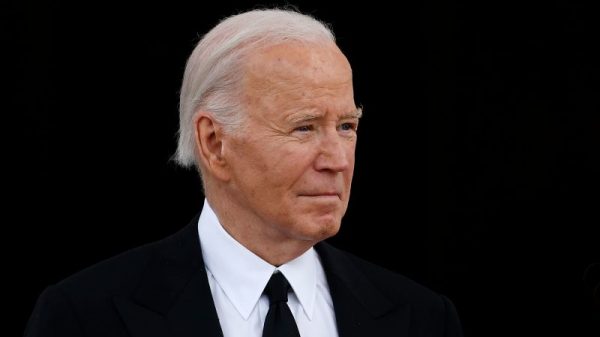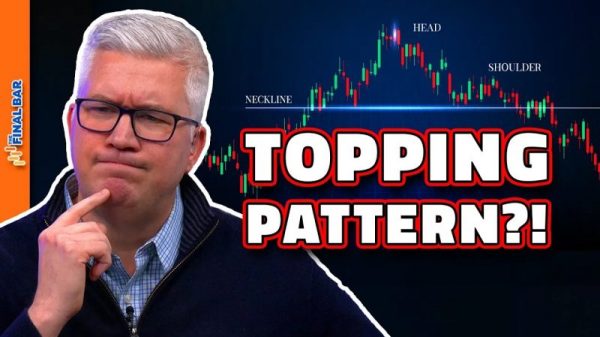The US Bureau of Labor Statistics released its latest consumer price index (CPI) figures on Wednesday (August 14), revealing a 0.2 percent increase in July from the previous month.
While the gain was not unexpected, it marks a change from the 0.1 percent month-on-month decline seen in June. On a yearly basis, CPI increased by 2.9 percent in July, down from June’s 3 percent gain.
Driving the month-on-month increase was a 0.4 percent rise in shelter costs, which the agency says accounted for nearly 90 percent of the index’s increase. Food prices rose 0.2 percent, while energy was flat.
Even though the CPI isn’t the US Federal Reserve’s favored indicator when making decisions on its benchmark interest rate, it provides important data in the central bank’s fight to bring inflation down to its 2 percent target.
The CPI release came a day after the Bureau of Labor Statistics released producer price index (PPI) data for July. It shows a 0.1 percent increase on a monthly basis, down from the 0.2 percent indicated in June.
On a yearly basis PPI increased 2.2 percent, down from the 2.7 percent recorded the previous month.
The 0.1 percent boost beat expectations from economists, who had been predicting a 0.2 percent monthly rise.
PPI is another leading inflation indicator, and demonstrates baseline costs for wholesale goods and services from the perspective of manufacturers. It also provides critical data for the Federal Open Market Committee.
While CME Group’s (NASDAQ:CME) FedWatch tool shows analysts believe a cut to interest rates in September is all but certain, expectations have moved away from a 50 basis point cut to a smaller 25 point cut.
Precious metals responded negatively to this shift, with gold losing 1.1 percent to trade at US$2,439.45 per ounce by 12:30 p.m. EDT on Wednesday, and silver losing 2.48 percent to change hands at US$27.18 per ounce.
Securities Disclosure: I, Dean Belder, hold no direct investment interest in any company mentioned in this article.


